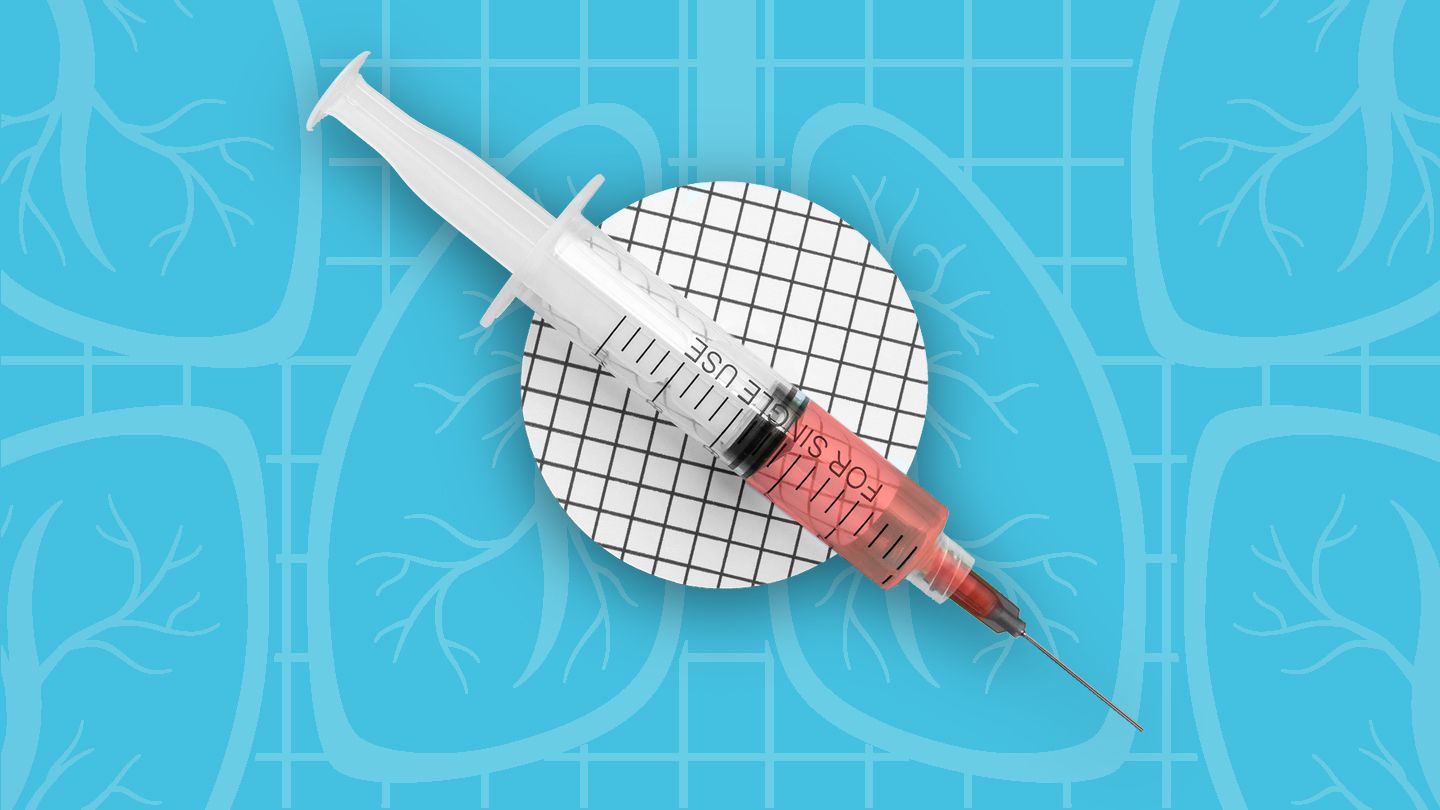Asthma troubles hundreds of millions of people worldwide, but an experimental vaccine provides hope to successfully cure the chronic lung disease linked with hundreds of thousands of deaths each year.
The prototype vaccine is currently tested in animals, but the researchers plan to conduct clinical trials in human patients. They hope to achieve a safe, affordable, and long-term means of saving people from allergic asthma attacks.
Laurent Guilleminault of the Toulouse Institute for Infectious and Inflammatory Diseases (Infinity) of France explained that their idea is to develop a preventive approach for populations at risk of manifesting severe forms of asthma.
Past research showed that dupilumab, a monoclonal antibody typically used in eczema treatments, is efficient in relieving symptoms and enhancing lung function in severe asthma episodes.
This is believed to be the consequence of how dupilumab prevents signalling from interleukin-4 (IL-4) and interleukin-13(IL013) – two cytokine molecules that have a significant role in immune response, but which also play a part in airway obstructing type 2 inflammation manifested in 50-70% of asthma patients.
In case of allergic asthma, direct contact with dust mites, pollen, and other allergens can lead to the production of vast amounts of the cytokines, on top of excessive amounts of immunoglobulin E (IgE), supporting inflammation in the airways and making it very hard to breathe.
While dupilumab and other antibody treatments may temper those symptoms, they tend to be very costly and need persistent injections to be efficient. At the same time, a vaccine with comparable end results may be a lot more cost-effective in the long run.
“Conjugate vaccines called kinoids can elicit an endogenous, long-lasting neutralizing antibody response against a given cytokine, and could be a favorable alternative to therapeutic mAb administration,” the researchers wrote, under the guidance of co-first authors Eva Conde and Romain Bertrand.












Leave a Reply